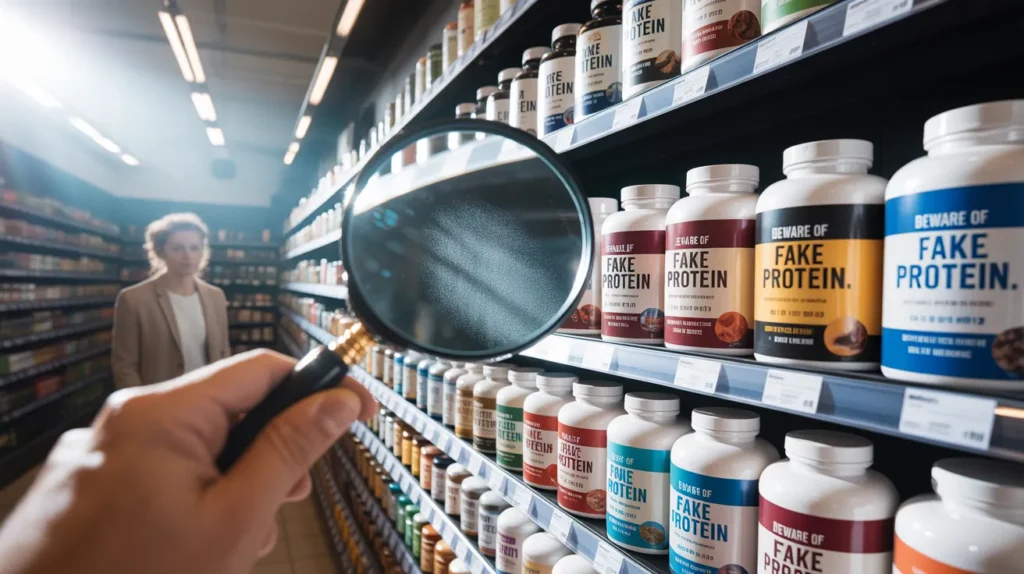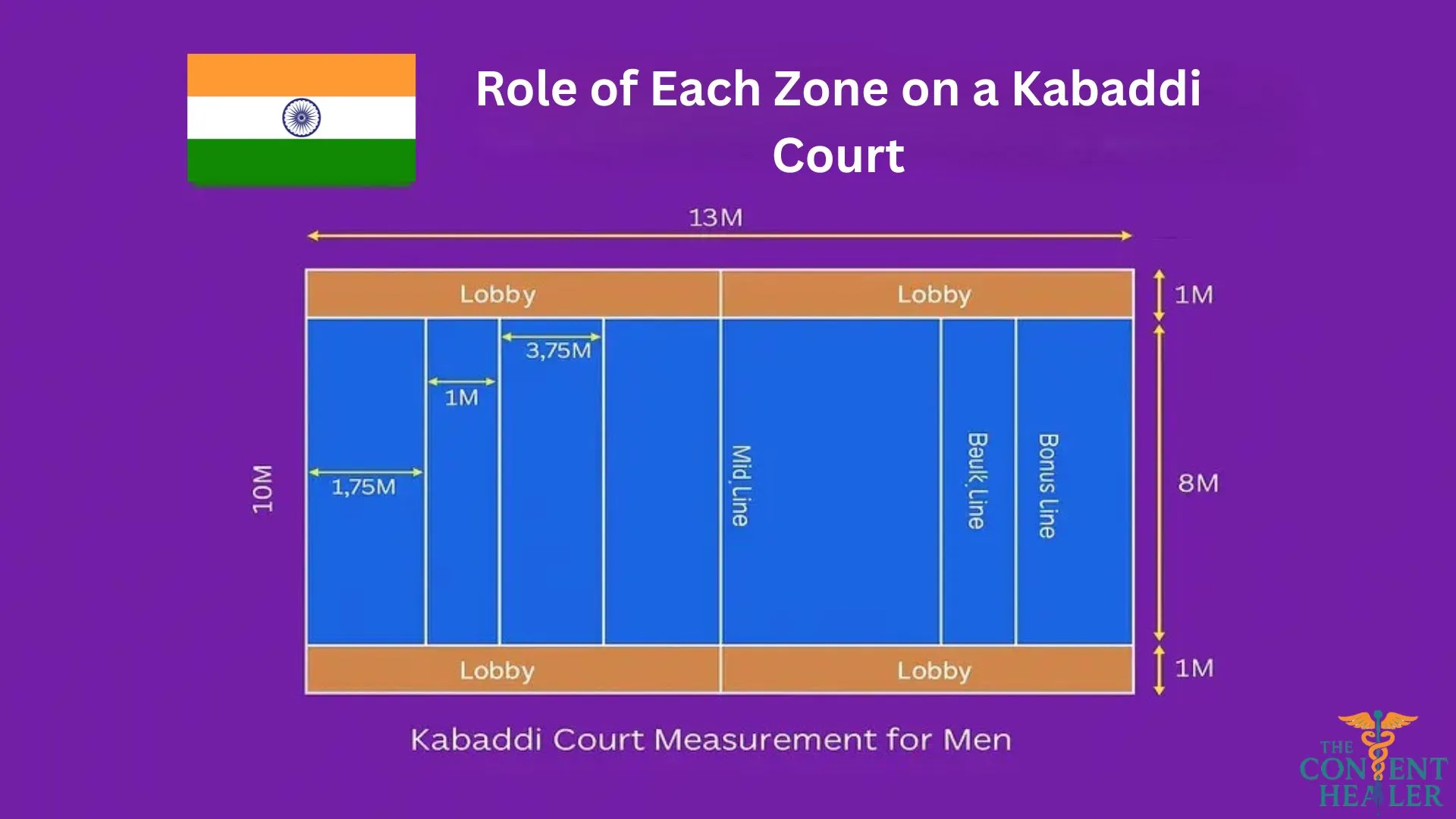In today’s fitness-driven world, the demand for protein powders has skyrocketed but so has the risk of buying fake protein supplements. Across India, countless gym-goers unknowingly consume counterfeit products that not only waste money but also pose serious health risks. From contaminated ingredients to false nutrition claims, these products can harm your liver, kidneys, and digestive system over time.
Whether you buy from online stores or local dealers, identifying genuine protein powders has become essential. This guide will help you understand how to spot and avoid fake protein supplements, both online and offline, with simple yet effective tips to protect your health and your wallet.
Why Fake Protein Supplements Are a Big Problem
The market for fake protein supplements has exploded in recent years, especially with the rise of e-commerce and social media promotions. Many sellers import unverified products or create lookalike packaging that mimics reputed brands.
These counterfeit supplements often contain cheap fillers, harmful chemicals, or low-grade proteins that can lead to digestion problems, nausea, and long-term organ strain. The biggest reason people fall into this trap is the lure of low prices and flashy “discount offers.” Unknown sellers on online platforms or small shops often exploit this, making it hard for consumers to tell real from fake.
How to Identify Fake Protein Supplements

1. Check Packaging and Seal Quality
Genuine protein powders always come in sturdy, properly sealed containers. Fake ones may have broken seals, uneven printing, or spelling mistakes. Look out for mismatched fonts, faded colors, and missing manufacturer details. Original brands use consistent packaging across all batches while fake protein supplements often have slight color differences or misaligned labels.
If possible, compare your packaging with the product image from the brand’s official website to confirm authenticity.
2. Verify Batch Number, Barcode & QR Code
Every authentic protein supplement carries a batch number, barcode, and QR code. You can cross-check these on the brand’s website or mobile app. Popular companies like Optimum Nutrition, MuscleBlaze, and MyProtein offer QR verification systems to confirm authenticity instantly.
If scanning the code redirects to an unverified page or fails altogether, that’s a major red flag indicating the product might be fake.
3. Check Smell, Taste, and Mixability
Real protein powders have a smooth texture, dissolve easily in water or milk, and have a mild, pleasant taste. Fake protein supplements, on the other hand, often clump up, leave residue at the bottom, or taste chalky and artificial. Any sour smell or unusual aftertaste should immediately alert you to possible contamination.
4. Read the Label Carefully
Authentic brands always provide detailed nutritional facts, manufacturing dates, FSSAI numbers, and ingredient lists. Watch out for grammatical errors, missing information, or unrealistic protein content claims. Fake products often use fake ISO or FSSAI numbers to mislead customers. Taking a few extra seconds to read the label carefully could save your health.
5. Buy Only from Trusted Stores
One of the simplest ways to avoid trouble is to purchase from authorized stores or distributors. Online shoppers should check the “sold by” section for example, on Amazon, always prefer “Sold by Muscle Blaze Official” or the brand’s verified seller. Offline buyers should ask for a proper invoice and verify the distributor’s name printed on the box.
Read also – Best Gyms in Jaipur for Weight Loss, Muscle Gain
How to Avoid Fake Protein Supplements Online
When shopping online, always visit the official website of the brand or verified e-commerce platforms. Check product reviews and ratings carefully, fake listings often have vague or overly positive reviews. Compare the Maximum Retail Price (MRP), expiry date, and packaging details with what’s listed on the brand’s site.
Avoid deals that look too good to be true. Unbelievable discounts, “buy one get one free” offers, or bulk combo deals are often tricks to sell fake protein supplements. Remember, if the price looks suspiciously low, there’s usually a reason.
How to Avoid Fake Protein Supplements Offline
When buying from a physical store, choose only authorized supplement dealers. Ask for a printed bill or invoice that includes the batch number and distributor name. You can verify these details online afterward.
Compare the packaging, labeling, and pricing with official listings. Many fake products have subtle design differences or missing holograms. If the shopkeeper refuses to issue a bill or avoids showing distributor details, it’s better to walk away.
What to Do If You Bought Fake Protein Supplements
If you suspect you’ve purchased a fake product, stop consuming it immediately. Retain the packaging and receipt as proof and contact the brand’s customer support for verification. They can confirm authenticity through batch or QR details.
You should also report the incident to the FSSAI (Food Safety and Standards Authority of India) or your local consumer grievance cell. Sharing your experience on social media can help raise awareness and prevent others from falling into the same trap.
Tips to Ensure You’re Buying Genuine Protein Supplements
- Research well before making any purchase.
- Stick to reputed, well-known brands with transparent manufacturing details.
- Always save your purchase invoice for future claims.
- Use batch verification or authenticity-check apps from trusted companies.
- Follow fitness influencers or certified trainers who recommend verified sources only.
These small steps can go a long way in protecting your health and ensuring you get the real nutritional benefits of your supplement.
Conclusion
The rise of fake protein supplements has made it crucial for every fitness enthusiast to be cautious. From checking packaging and labels to verifying batch codes and buying only from trusted sellers every step counts. Remember, genuine protein powders support your fitness journey; fake ones can harm it. Always choose authenticity, not cheap shortcuts, to ensure your health, safety, and results stay on track.
FAQs
Q1. How can I check if my protein supplement is genuine?
You can verify the batch number or QR code on the brand’s official website or mobile app. Reputed brands like Optimum Nutrition and MuscleBlaze have easy authentication systems.
Q2. What are the signs of fake protein supplements?
Broken seals, spelling mistakes, chalky taste, poor mixability, or missing nutritional info are common indicators of counterfeit protein powders.
Q3. Can fake protein supplements cause health problems?
Yes, consuming fake protein can lead to stomach issues, liver and kidney strain, and even contamination from harmful substances.
Q4. Where should I buy genuine protein supplements online?
Always buy from official brand websites or verified sellers on platforms like Amazon, Flipkart, or HealthKart.
Q5. What should I do if I accidentally bought a fake product?
Stop using it immediately, contact the brand for verification, and report it to FSSAI or the consumer grievance cell.





